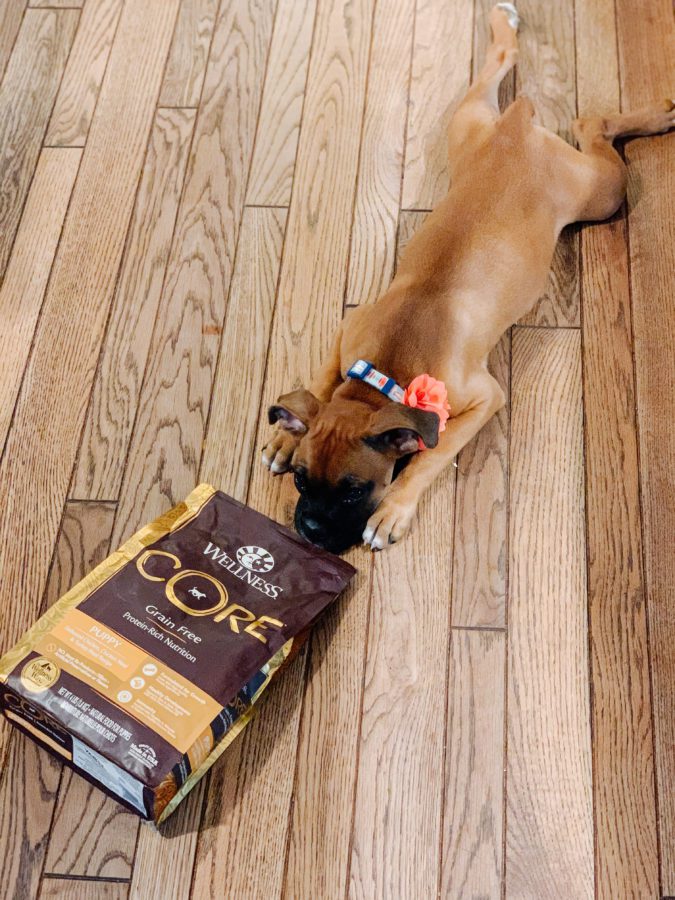
Dogs have quite a reputation when it comes to food. They tend to think with their stomachs and will eat anything and everything to the bafflement and amusement of dog owners. So what happens if your dog isn’t eating? What if they leave half their food in their bowl and you can’t seem to gain their interest? Could they just be a picky eater? If your dog’s appetite isn’t what it should be these tips and advice can help you to take the right steps.
Skipping a Meal Here and There Is Nothing to Fret About
Experts stress clarification when dog owners state their pet isn’t eating. Do you mean that it’s not eating regularly and is skipping most if not all its meals, or do they occasionally turn their nose up at dinner? If it’s just occasionally it’s likely not worth getting upset about. You can monitor their eating habits, which may even reveal a pattern.
Is It Time to Change Their Food?
Next, you can examine the food you’re feeding them. Is it the same food you’ve given them for years? If so, the answer could be as simple as boredom. Dogs, like people, can get tired of the same thing. It doesn’t mean they are picky, it just means they’d welcome some change.
When changing food, be sure you do it gradually, so their system has a chance to adapt and you don’t cause any stomach issues. It’s wise to start with a 25/75 ration – meaning 25% of their food is the new one, while 75% is the old food. Stick with each ratio for a few days before you increase the amount of new food.

Is Your Dog Anxious During Mealtime?
Anxious pets can also play into negative meal-time habits and behavior. Is your dog calm and relaxed during mealtime or do they associate it with something negative? Some of the things that can cause a dog to temporarily lose its appetite include:
- Separation anxiety, you feed them and then leave the house
- Loud noises such as fireworks or thunderstorms
- They feel lonely
- They feel bored
- They have to “fight for their food” because you have other pets
There are so many factors that can cause them to feel anxious. Set a goal of creating a calm and relaxing meal-time environment.
Still Not Eating – Time to Visit the Vet
If you’ve tried a variety of steps and your dog still isn’t eating or his/her appetite is smaller than normal, it may be time to call the vet and schedule an appointment. Even if you don’t have a regular vet, you can find one through resources like the Keep Your Pets Healthy website, which is also loaded with informative articles. You just don’t want to let the problem go on too long without being checked, as a change in appetite can be a symptom of an underlying medical issue.
There Is Help for Picky Eaters
Despite your dog being a picky eater, there are ways you can make positive changes and help your dog to show interest in their food once again.



